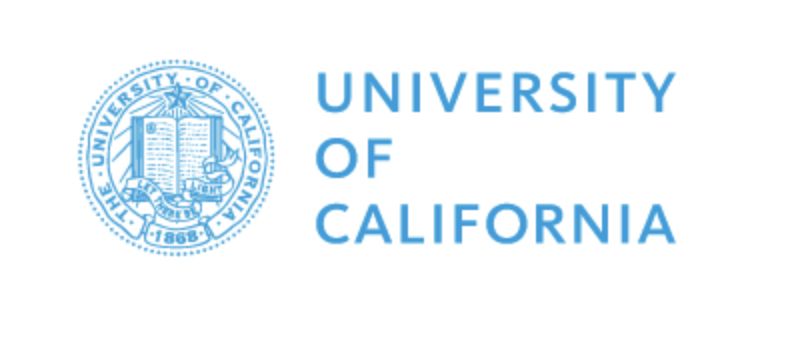Despite spending large sums of money on extensive outreach programs, the University of California says it has failed to build diverse campuses since California banned affirmative action in 1996.
The U.S. Supreme Court plans to hear a case in October from the anti-affirmative action organization Students for Fair Admissions. The case seeks to challenge the race-conscious admission methods at Harvard and the University of North Carolina.
UC filed an amicus brief on Aug. 1 noting that arguing that diversity at its campuses dropped precipitously when the state’s ban on affirmative action, Proposition 209, went into effect in 1998.
The proportion of Black and Latino freshman students at UCLA was more than halved from 1995 to 1998. Black students made up 7.13% of freshmen in 1995 and 3.43% in 1998. Latinx students made up nearly 22% in 1995 and nearly 11% in 1998.
In response, the UC system created race-neutral outreach programs aimed at building diversity on campus by targeting groups such as low-income students. These “extremely costly” programs haven’t been effective, particularly for recruiting Black and Native American students systemwide or at its most selective campuses in Los Angeles and Berkeley.
“Although these programs have increased geographic diversity, they have not substantially increased the racial diversity of students admitted to UC, and they have had little impact at the most selective campuses,” reads the amicus brief.
UC points to its program that guarantees UC admission to top students at each high school as one that has been successful at increasing geographic diversity but is poor at improving racial diversity at the campus level. It states that students who qualify for this program must compete with tens of thousands of highly qualified applicants at selective campuses.
The UC system admitted its “most diverse class ever” in 2021, but the brief states that achievement is tempered by the fact that many of its campuses are “starkly different, demographically speaking” from California’s high school graduates.
“Particularly at UC’s most selective campuses, feelings of racial isolation persist and hinder UC’s efforts to provide the educational benefits of diversity,” reads the brief.
“For nearly a quarter century, UC has made persistent, intensive efforts to improve the diversity of its student body through race-neutral programs, yet full realization of the educational benefits of diversity remains elusive,” according to the brief.
The University of Michigan, another state where affirmative action was banned, also filed a brief with the court, saying that its own “extraordinary efforts” to improve racial diversity on its campus with race-neutral policies have been unsuccessful.
Both university systems say that student body diversity is a crucial piece of a student’s educational experiences.
California is one of nine states that ban affirmative action. An effort to overturn the ban failed in 2020.
